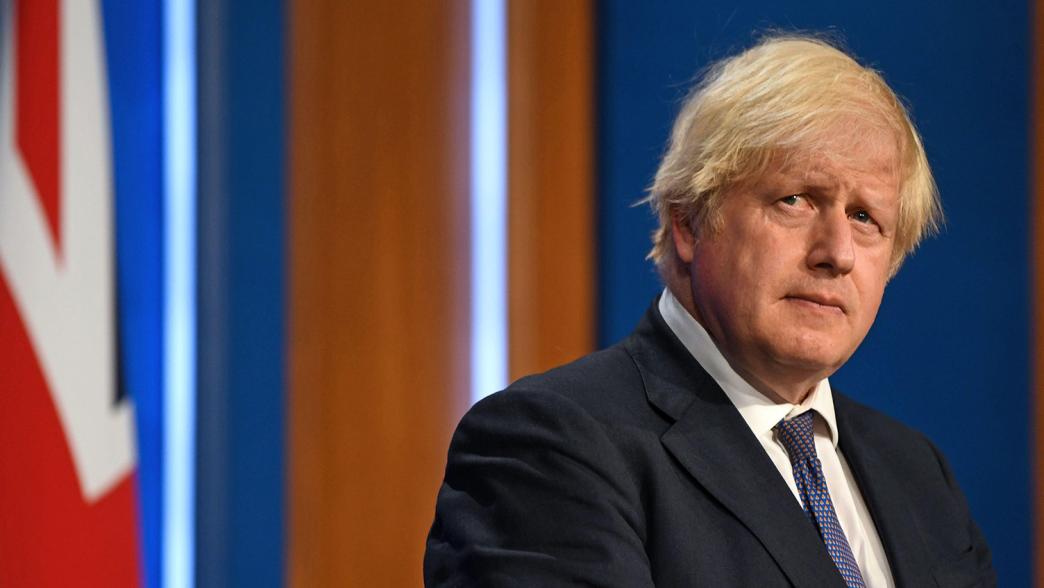The extraordinary significance of the Privileges Committee verdict on Boris Johnson
A small group of parliamentarians has enforced the principle that politicians must tell the truth

A small group of parliamentarians has enforced the principle that politicians must tell the truth – a parliamentary mechanism which, says Hannah White, is crucial to our democracy
In typical style, Boris Johnson has quit – attempting to shape his own narrative about the circumstances of his departure rather than allow the Privileges Committee process to play out as intended. But Johnson’s pre-emptive resignation cannot diminish the significance of the committee’s findings.
Johnson’s decision to resign echoes that of several other MPs – including his friend Owen Paterson, who was found guilty by a parliamentary committee of breaking the rules and confronted with the possibility of recall. Apparently faced with the prolonged humiliation of a Commons vote on a Privileges Committee recommendation of suspension, possibly leading to a recall petition in his constituency and a potential by-election, Johnson has instead chosen an accelerated departure. Just as Paterson did, he has quit while protesting his innocence and berating the system which determined his guilt, but without subjecting himself to the judgment of either his fellow MPs or his constituents.
So far we have not seen the text of the Privileges Committee report. Reportedly its publication will now be expedited seeing that Johnson has turbo-charged the ‘Maxwellisation’ process by making his comments in his resignation letter rather than privately to the committee. We have only Johnson’s account of its content, but the most important facts are clear – the committee has reached a judgment that the former prime minister misled the House of Commons in a way that was not simply inadvertent, but either reckless or deliberate. And it has determined that this breach of the rules was sufficiently significant to merit a suspension of more than 10 sitting days which, if agreed to by the House, would trigger the provisions of the Recall of MPs Act.
The Privileges Committee has demonstrated its crucial role
Despite bravado-filled, pre-emptive briefings from the Johnson camp that he fully expected to be cleared by the Privileges Committee, and his professed amazement at their verdict to the contrary, few members of the public will be surprised. Most made their minds up months ago: polling in the wake of his March evidence session before the committee found that close to three quarters (72%) of Britons thought he was dishonest. Few minds – including those of his die-hard supporters, some of whom have been richly rewarded for their loyalty in his resignation honours list – will be changed by the formal findings of the eminent majority-Conservative committee.
But that does not diminish the extraordinary significance of those findings. The strength of the executive in the UK system is often criticised by those who worry about the government’s ability to ride roughshod over parliament. It is true that a government with a majority can almost always get its way in the House of Commons. But the existence and powers of the Privileges Committee represent a crucial bulwark against any individual who seeks to prevent the legislature fulfilling its constitutional role. And the committee’s most recent inquiry demonstrates that not even a prime minister can disregard the principle that the legislature must be told the truth.
The principle that ministers must tell the truth to parliament has been upheld
Indeed, the words of a prime minister before the House of Commons are even more important than those uttered by anyone else. And if the Commons was impotent to enforce that principle, then its ability to perform its constitutional role of holding the government to account would be fundamentally undermined. Friends in the US report having watched in astonishment, and envy, at the sight of a former premier compelled to appear and be held to account for their behaviour in office by a committee of senior legislators. That such a process can have real consequences even for a former prime minister – as Johnson has discovered – is essential to its effectiveness.
Few people had heard of the Privileges Committee before it began its investigation into Johnson. But in a post-truth world, the value of a mechanism which enables a small group of parliamentarians to enforce the principle that politicians must tell the truth is of exceptional value to our democracy.
- Position
- Prime minister
- Administration
- Sunak government Johnson government
- Legislature
- House of Lords
- Public figures
- Boris Johnson Rishi Sunak
- Publisher
- Institute for Government